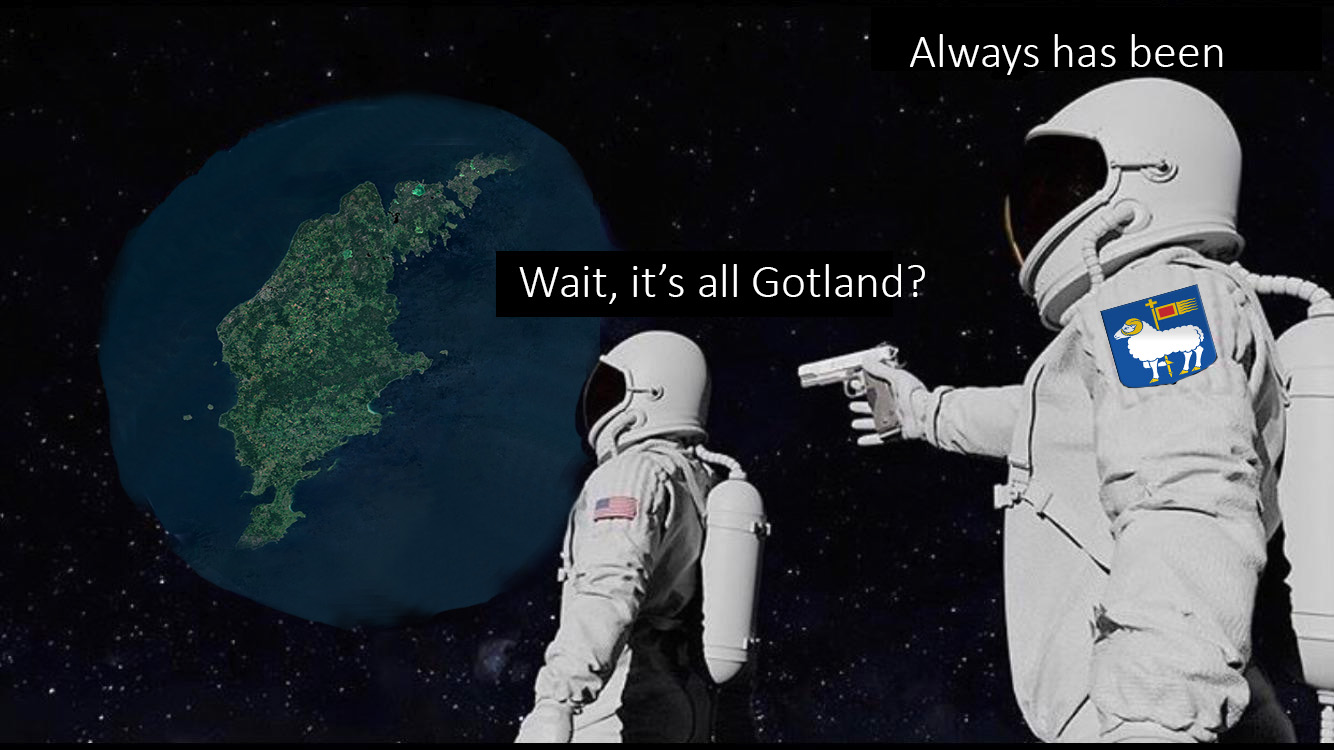Mute
`impulse-approved
- Joined
- Sep 30, 2017
- Messages
- 11,402
- Nebulae
- 37,098
Purple in south is naples, the pinkish purple is milan, pretty sure you survivedtell me that purple in italy is milan
i swear if they did good and i wasnt even there thats some bullshit








